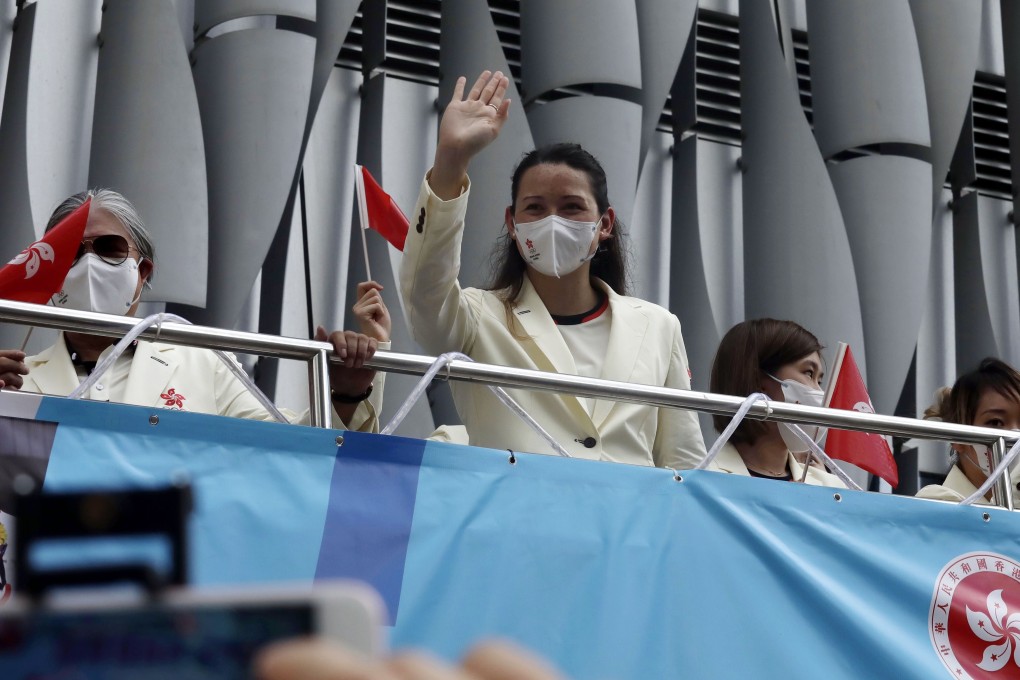Opinion | Time for Hong Kong sport to ‘join the dots’ and build on Tokyo 2020 success
- Covid-19 has been huge challenge for city with sports sector suffering more than most
- Clearly defined strategy needed to unite government’s three broad goals and keep sport alive and well

As a member of the city’s sports community, I was not surprised at the golden performances from our dedicated and talented elite athletes, many of whom overcome significant personal challenges to represent Hong Kong on the global stage.
Given the equally daunting challenges facing the industry at large, it has been heartening to hear of the government’s commitment to support the sports sector going forward. This support, if properly channelled and rapidly delivered, will be vital if we are to rescue the very same sporting community that produced the historic results of Tokyo.
The human toll has been high. The athletes of 2023 and beyond – and the industry that produces and supports them, have been decimated by the pandemic.

01:43
Hong Kong Olympic athletes welcomed back in homecoming parade
Today, sport sits in the company of the tourism, hospitality, MICE and events industries as sectors that have been ravaged by the impact of Covid – and largely left out of the pandemic’s uneven economic recovery.
